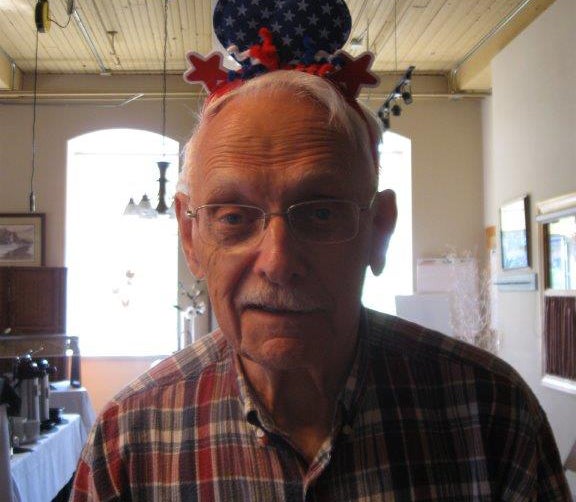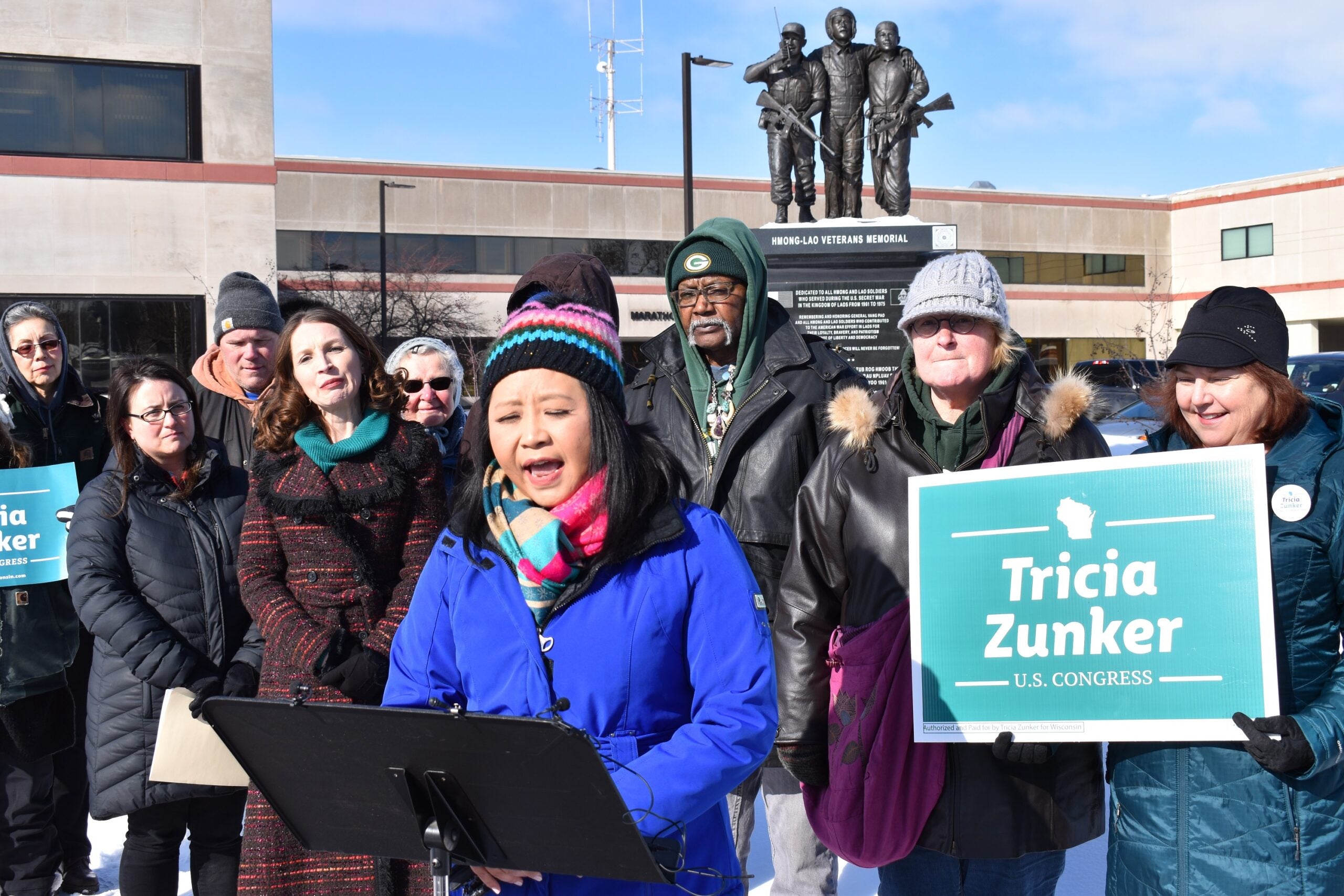People over the age of 85 are the fastest-growing demographic in the country, and a large portion of them are coping with dementia or memory loss.
In the Fox Valley people with dementia and their families have a unique place to hang out.
“Memory Cafes” got their start in the Netherlands and are common now both there and in England. They are “judgment-free zones” for people with mild dementia or memory loss.
Stay informed on the latest news
Sign up for WPR’s email newsletter.
About a dozen people gathered last week at a cafe session at a coffee shop in Appleton. John McFadden is a co-coordinator of the memory cafe and plays the ukulele to welcome participants. Betty Ann Nelson came with her husband, Duane. The Nelsons have been married 58 years and have attended several cafe sessions since they began earlier this year.
Betty Ann Nelson says each time brings something different.
Nelson: “We learn how to write up stories to be turned into music, and a lady one time made it into a song – the words we had given. We heard a quartet singing old-time songs.”
The other co-coordinator is Susan McFadden, a retired psychology professor at University of Wisconsin-Oshkosh who has studied gerontological issues for her entire career. The McFaddens made a tour through England two years ago to experience the memory cafes there first hand.
McFadden: “People don’t have to check their diagnoses at the door.”
McFadden says Alzheimer’s is the most common diagnosis among participants, though others may have had a series of small strokes or other types of dementia.
There are eight memory cafes operating around the Fox Cities, and they are thought to be the only ones in the country. McFadden is working to get the Fox Cities designated as a “dementia-friendly community,” using criteria from England.
McFadden: “We have no magic pill to cure Alzheimer’s disease and other forms of dementia.”
That’s why McFadden says it’s important to let those with the condition hang out informally and socialize.
McFadden: “We need to do something in our communities. Because we have so many people who get this diagnosis who experience increasing levels of social isolation, because people don’t know how to respond to them. They talk about how their friends move away from them.”
At this cafe the McFaddens used a program called “Timeslips,” which was developed in Milwaukee. Pictures are passed out and participants have to make up a story to go along with them. One member who gets a picture of nuns on bumper cars says they will name their story “Holy Rollers.”
McFadden says Timeslips is deceptively simple. She says it is a “failure-free” activity and that it doesn’t matter if the story makes sense. Instead the idea is to engage people’s creativity and memories.
The groups are small and children or spouses without dementia are encouraged to take part.
McFadden is scheduled to meet with groups from around the state to help them set up memory cafes. The hope is to keep people engaged in their communities — while scientists work on that so-called “magic pill.”
Wisconsin Public Radio, © Copyright 2024, Board of Regents of the University of Wisconsin System and Wisconsin Educational Communications Board.


